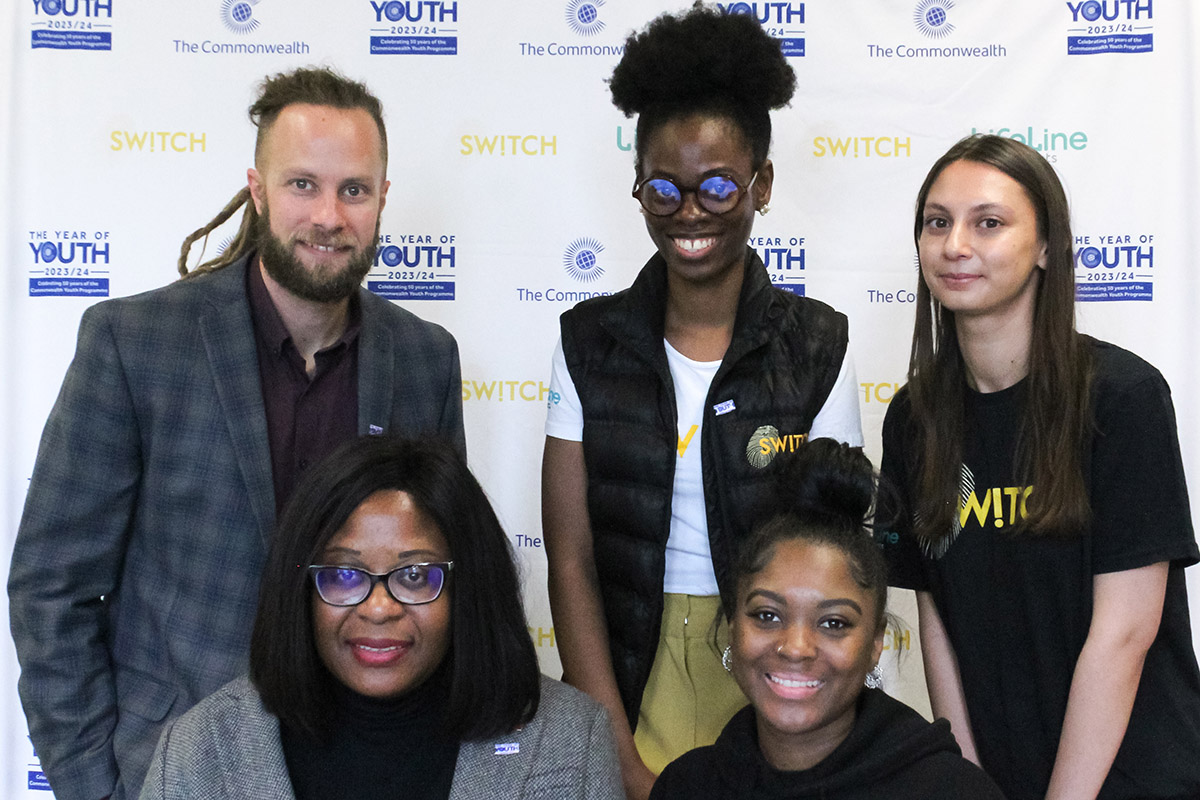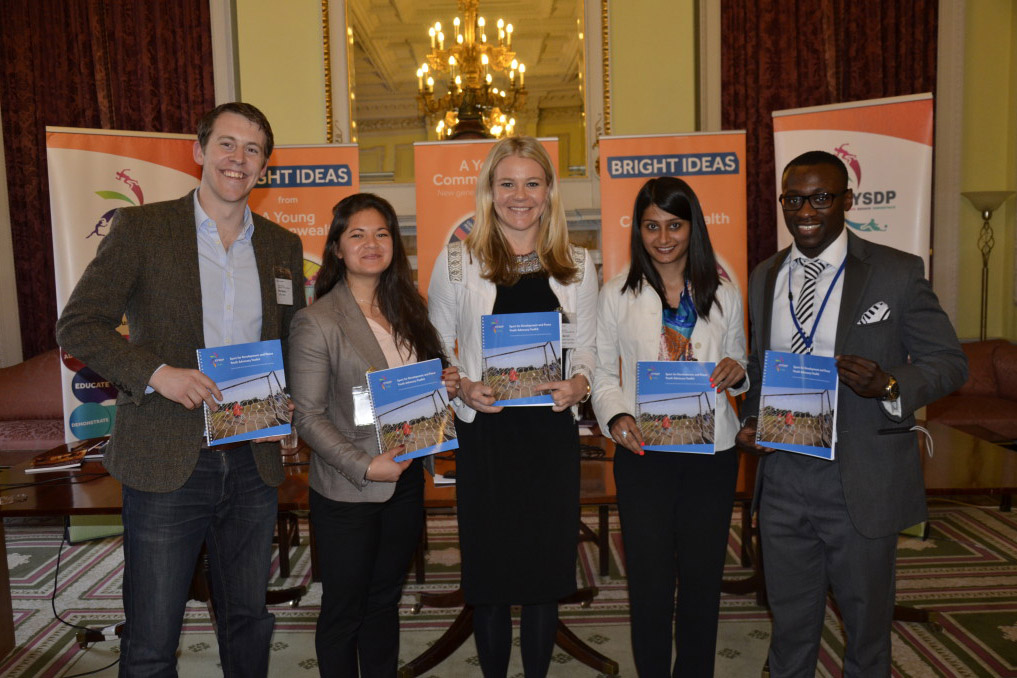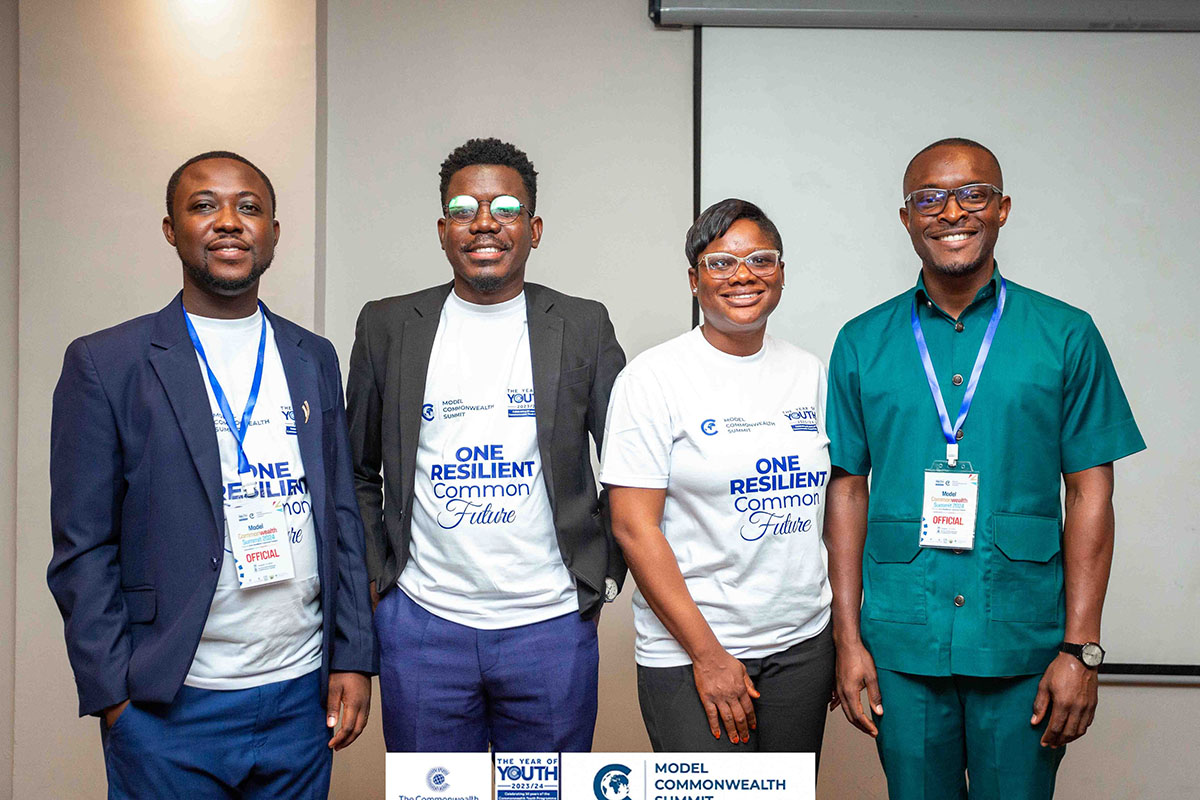A Year of Youth Spotlight Series – Itoro Victor-Akpan of Nigeria / England
July 17A short bio of yourself
My name is Itoro Victor-Akpan, a 27-year-old Nigerian citizen living in England. I hold a Master’s degree in International Studies and Diplomacy from the School of Oriental and African Studies (SOAS) University of London. Currently, I am a Senior Youth Development Worker at LifeLine Projects and Head of Sponsorship and Partnership at Babcock International Model United Nations (BIMUN).
LifeLine Projects is a UK-based charity organisation which focuses on empowering and enhancing the lives of some of the most isolated and vulnerable people, building their confidence and helping them to learn new skills, so that they may fully live their lives and become agents of change in their own community. The Babcock International Model United Nations of which I am a pioneering executive team member, is an initiative which was founded in 2016, with the purpose of increasing the practical and experienced-based approach to education in Africa by facilitating youth engagement through United Nations General Assembly simulations, relevant skill trainings, educational events, and community projects. Our vision is to model young leaders for service to humanity.
Tell us a little about your event/project
I found out about the Year of Youth project during personal reflections on global trends [AN1] and activities in response to youth development. This led me to organise a female inter-borough netball tournament at LifeLine Projects in collaboration with the Commonwealth Secretariat.

The aim was to promote female mental health and well-being using sports as a catalyst to advance the UN Sustainable Development Goals 2030 Agenda. Five female secondary school netball teams across East London participated in the tournament. The event attracted over 50 female students and offered a platform to raise awareness around SDG goals 3 (Good health and well-being) and 5 (Gender Equality).
What inspired you to work on this particular issue?
At LifeLine Projects, I host a weekly ‘positive activity’ for girls between 11 and 18yrs in the London Borough of Barking and Dagenham (LBBD), called the Girls’ Hub. It was established to serve as a safe space for vulnerable girls to engage in positive activities including netball, arts and craft, fun teen quizzes, roller skating, boxing, bowling, mental health workshops, and half-term trips to places of interest like the London Zoo etc.
In addition to that, I deliver 1-2-1 and group mentoring sessions. I also lead our youth Ambassador programme, a programme for young people mentored by our youth team who demonstrate leadership potential during the mentoring programme. The overarching vision is to empower them to be agents of change in the society.
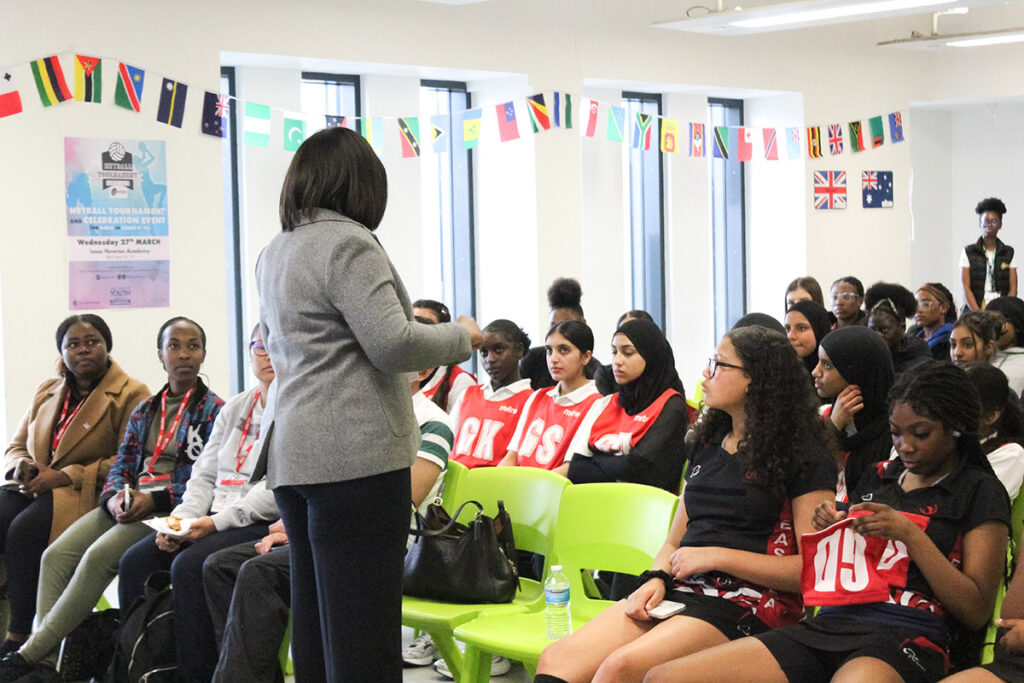
Therefore, when I came across the call for organisations to propose a Year of Youth activity, I realised it would be a very good opportunity to inspire the girls I mentor, extend our (i.e. Girls’ Hub) reach beyond LBBD, and involve our female ambassadors in the planning and execution of this event for their leadership development. This, I believed, would also give them an opportunity to enjoy a sport they loved (netball!) and interact with sports professionals on the importance of mental health.
Why should your county/community address this issue?
The Mental Health of Children and Young People in England survey published by the National Health Service(NHS) in 2023 gives detailed statistics on the issue of poor mental health[IO2] [IV3] among boys/young men and girls/young women. According to this survey, one in five children and young people in England aged eight to 25 had a probable mental health disorder. Of this figure, more than 1 in 4 children aged 8 to 16 years(26.8%) with a probable mental health disorder had a parent who could not afford for their child to take part in activities outside school or college, compared with 1 in 10 (10.3%) of those unlikely to have a mental health disorder.
This data provides a context for the glaring problem at hand – poor mental health among the youth regardless of gender. In addition to that, through my work with young people at risk of school exclusion, youth violence, and poor mental health, especially in deprived communities, I have come to see the impact of poor mental health on individuals, families, and communities. Through youth development, there can be better health, academic, and social outcomes for young people.
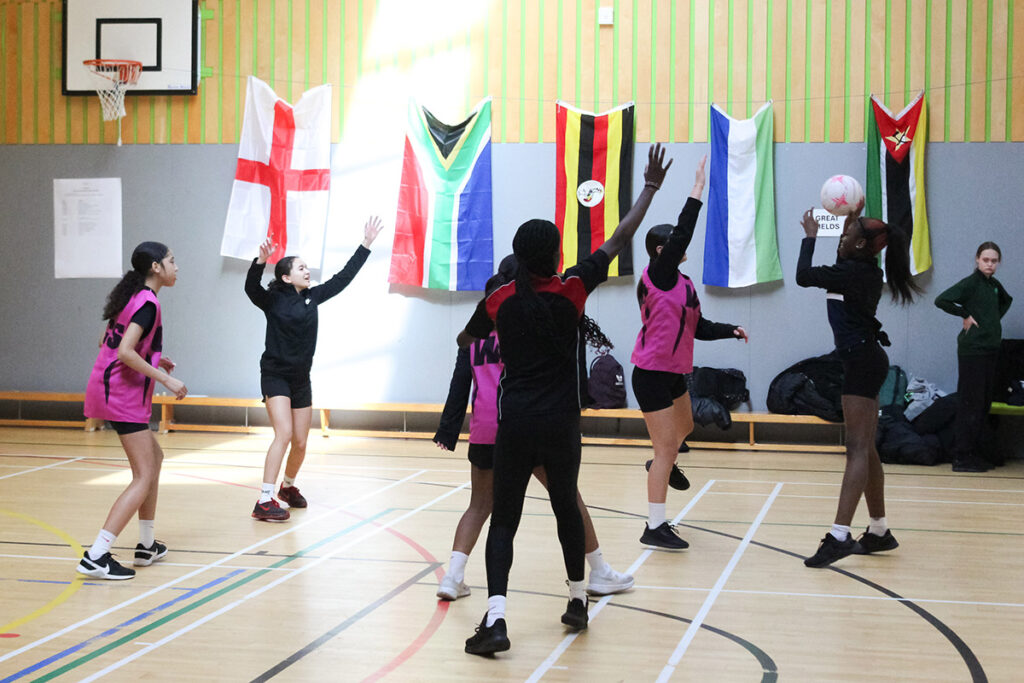
What was the most memorable moment during the event/project?
The most memorable moment was hosting the High Commissioner of Antigua and Barbuda, Her Excellency Ms Karen-Mae Hill OBE. She was interested from the first time I shared the vision of the project. It resonated with her, and she promised to attend, so I was absolutely pleased to see her. It was also fulfilling to learn that many young girls who attended the event were inspired by her speech and her accomplishments as a successful female leader and seasoned diplomat.
What is your vision for this project?
My vision for this project is to empower more girls, break social barriers for young people, and trigger increased focus on youth development in the voluntary sector.
What keeps you motivated?
I am motivated by the positive impact of my work on the lives of young people I have the privilege to serve in England at LifeLine Projects, and across Africa including Nigeria, Ghana, Benin Republic, Burkina Faso, Guinea, Guinea Bissau, Kenya, South Africa, Sierra Leone, Liberia, Togo, Zimbabwe, Côte d’Ivoire, and Cameroon with my team at BIMUN.
Tell us an unusual fact or piece of trivia about yourself?
I am not sure if this is unusual, but I love to practise solitude often.
What is your favourite quote? Why?
My favourite quote is “It is better to light a candle than to curse the darkness.” – Eleanor Roosevelt
This quote emphasises the need for me to be the change I wish to see rather than complaining about everything that is wrong in the world without contributing a solution to identified problems.
What youth issue should be a priority for the Commonwealth Youth Programme and why?
I would still point to mental health because there is a link between this issue and many of the challenges confronting young people in disadvantaged communities, such as violent crimes, identity crises, drug abuse, poverty, and social exclusion.
